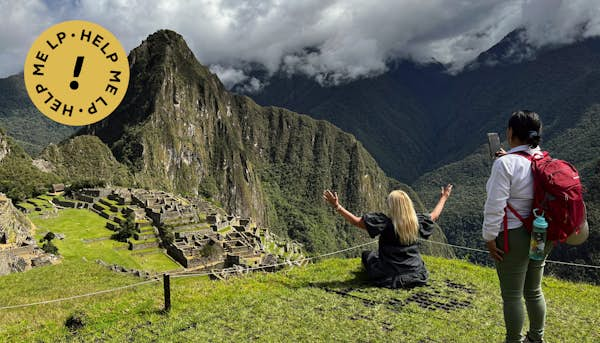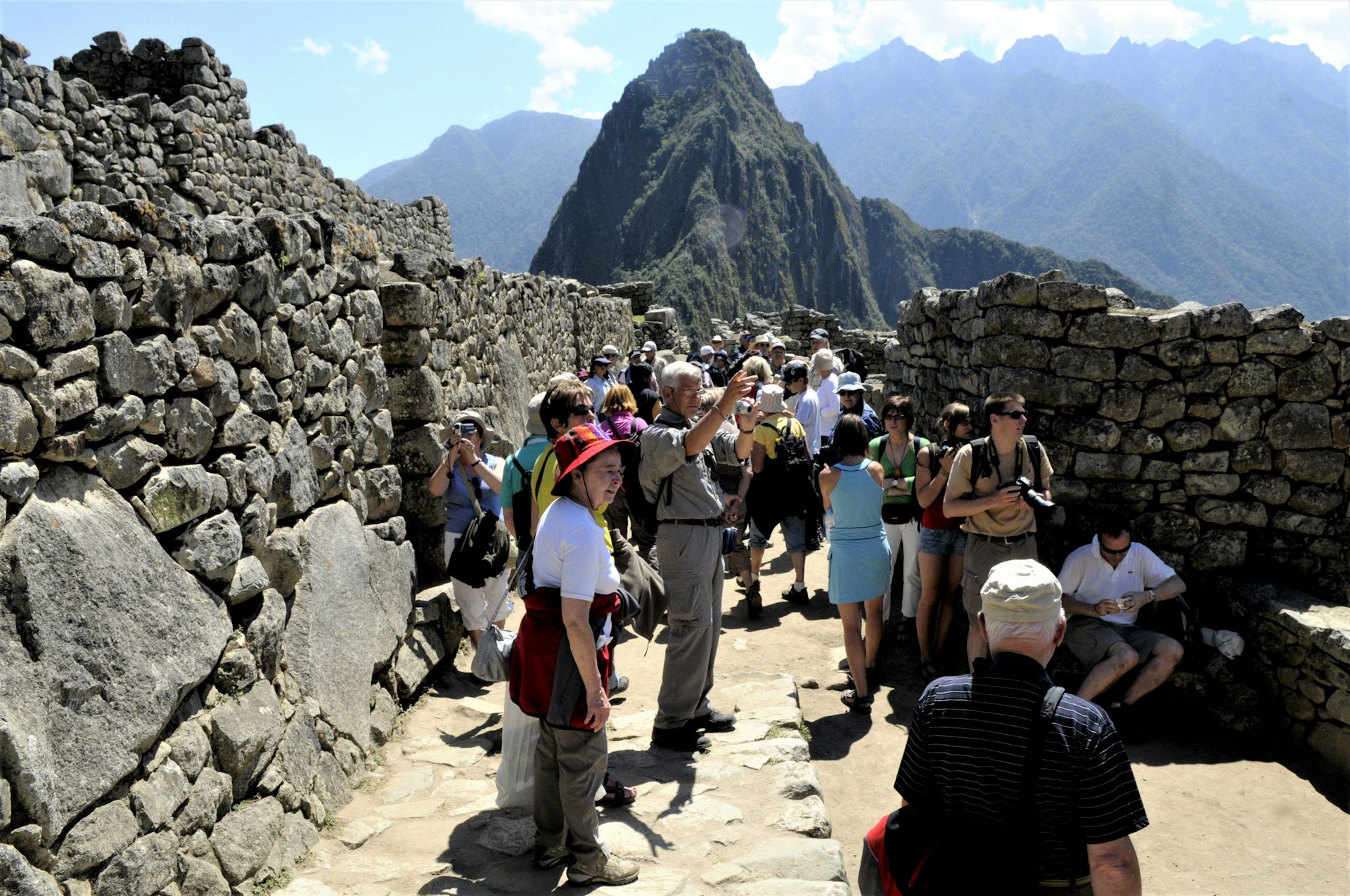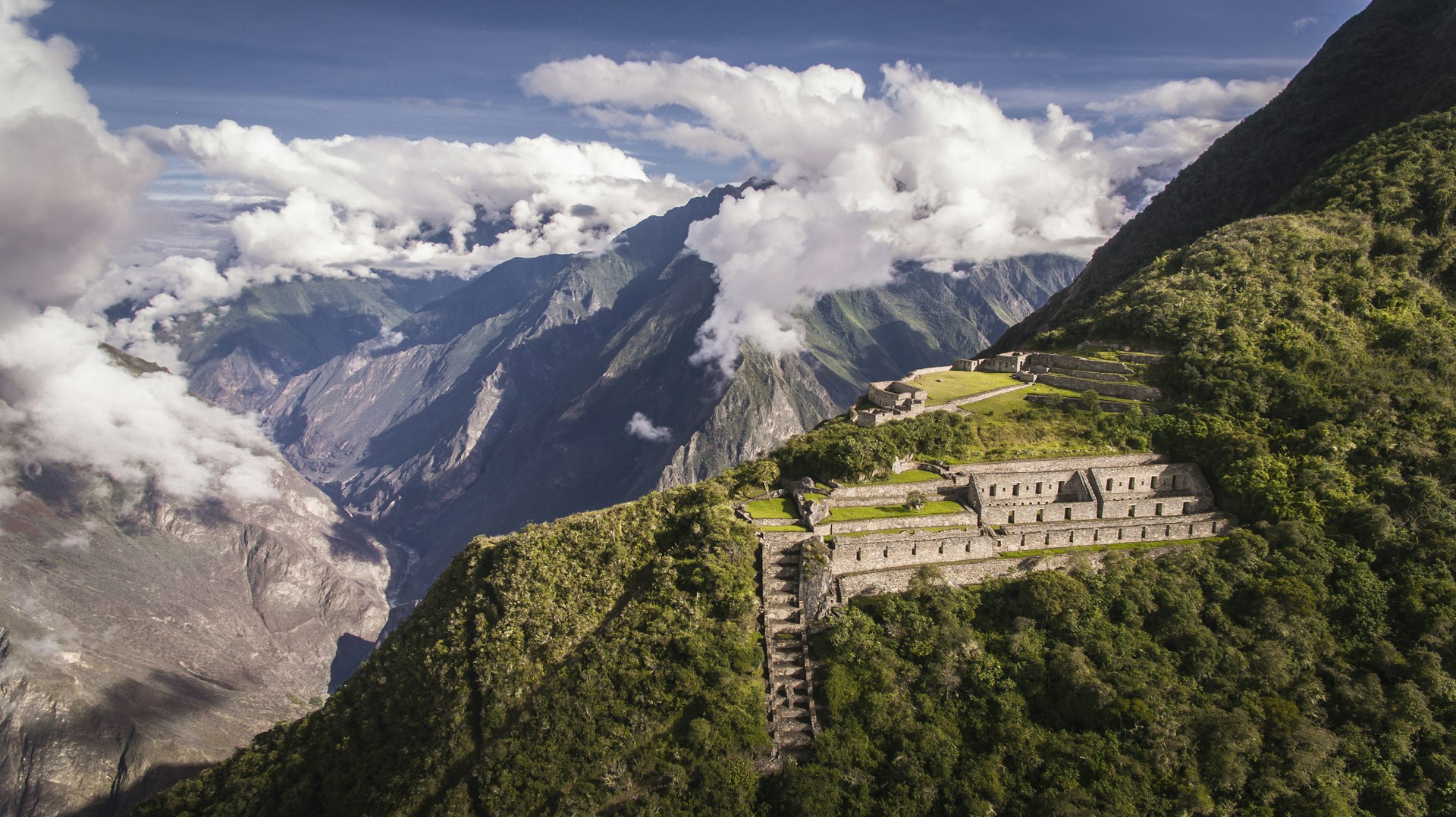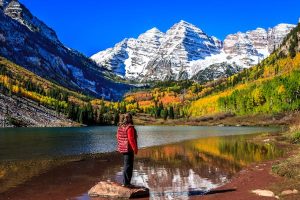
There are ways to find lesser-traveled trekking routes to reach magnificent Machu Picchu. Here, our Peru expert Luke Waterson, who has contributed to four editions (and running) of the Lonely Planet Peru guide recommends a few.
Question: I want to go to Peru and hike the Inca Trail to Machu Picchu, but I’ve heard it gets crowded. Is this the case? And are there any ways of avoiding the crowds, or alternative routes?
Luke Waterson: Avoiding the crowds at one of Latin America’s most popular attractions is not easy. But there are a few ways of shaking off the masses if a drop-dead-gorgeous trek through the Andes to spectacular Inca ruins is what you’re after.
A place is mind-bogglingly magnificent; thus, it attracts crowds. Such is the logic of all the world’s greatest sights, no? Machu Picchu is no exception. There are few spots in South America – or the world – that compare with the wonder of the 15th-century ridgetop Inca citadel emerging out of clouds after a hike or train ride through some of the most superlative Andean scenery around. And few destinations get so rammed with visitors, either.
 Be prepared, Machu Picchu sees over 4000 visitors each day on site © Shutterstock
Be prepared, Machu Picchu sees over 4000 visitors each day on site © Shutterstock
If you include the summits flanking the citadel complex – Huayna Picchu, Cerro Machu Picchu and Huchuy Picchu – we’re talking almost 4000 visitors daily at the site, with plenty more cramming the gateway town of Aguas Calientes. The point? This is not a place to come for peace and quiet. And this has changed even since I first visited in 2004, when one was able to arrive at first light and see the ruins in a (relatively) tourist-free state. Which means that whatever I tell you here, those crowds will not go away: not at Machu Picchu itself, and not on the classic four-day Inca Trail trek to reach it – the most famous of the approaches by foot.
What is it like at the Machu Picchu site?
At the site itself, getting here early no longer means you’ll be (almost) alone, since others now follow the very same advice. (Admittedly, though, an early arrival still helps you beat the mid-morning to early-afternoon peak crowds.) Machu Picchu’s layout – narrow passageways, little level ground – means you will invariably feel somewhat bunched together with your fellow adventurers. Even scrambling up the iconic flanking peak Huayna Picchu – capped at 200 visitors daily – won’t grant you much solitude, as you squeeze past others on the narrow trail. However, at the other end of the complex Cerro Machu Picchu (Machu Picchu Mountain) actually offers more far-reaching views and is nowhere near as popular a hike.
Get the inside scoop on the latest cultural happenings all over the world delivered weekly to your inbox with our email newsletter.
But now that I’ve said that…
Because almost all visitors take the classic Inca Trail approach, the crowds will bother you less were you to take one of the less-frequented treks to the site. Peruvian authorities are mighty savvy at devising new ways of enticing travelers – and these days, there are many other exceptional hikes in the vicinity. Some even pass (other) epic Inca ruins en route.
 On the Lares trek you will meet more alpaca herders than tourists © bchyla / Shutterstock
On the Lares trek you will meet more alpaca herders than tourists © bchyla / Shutterstock
Find your own trail on The Lares Trek
For heaps more quietude and authenticity, I highly recommend the Lares Trek. On this trail, as you negotiate magical mountain passes like Ipsayjasa, and camp at glimmering, nearby Ipsaycocha Lake, you’ll be as likely to meet local families – alpaca herders and the region’s renowned weavers – as other hikers. The route has several variations, too, which means you’ll feel more like you’re beating your own unique path, rather than falling in line behind the masses along the Inca Trail. The route(s) start at the town of Lares, with the best-known heading to Patacancha, then continuing (by foot or more commonly bus) to another beautiful town, Ollantaytambo (with its own impressive set of ruins), from where you can take the train to Aguas Calientes and on to Machu Picchu.
 The archeological site of Choquequirao rivals Machu Picchu – without the throngs © Christian Declercq / Shutterstock
The archeological site of Choquequirao rivals Machu Picchu – without the throngs © Christian Declercq / Shutterstock
Why you should consider Choquequirao
You needn’t think that it’s only the Machu Picchu area that offers hikes to Inca ruins, either. Which is why, to avoid crowds, I would recommend a hike to another stunning Inca complex. I recommend making your way to lonely Cachora, off the Cusco-Abancay road, to tackle the four-day, out-and-back hike to the vast archaeological site of Choquequirao, which dramatically straddles a ridge above the Apurímac river. Here, were you to stick around all day, you’d share the views with a daily average of approximately 20 other travelers. And you can do this independently: no tour, no months-in-advance pre-booking, as with the Inca Trail.
If this whets your wanderlust, why not go really remote and extend this into a nine-day, one-way hike from Cachora through a series of seldom-visited Inca ruins and on to Machu Picchu? After all that alone time on the trail, you might even welcome the company at the end.


